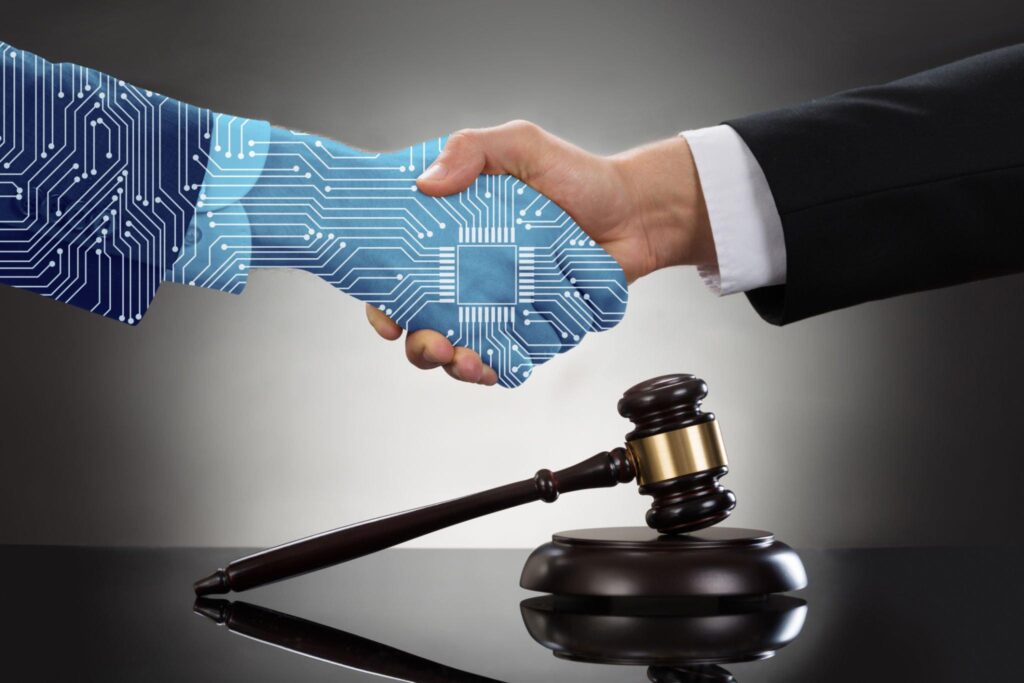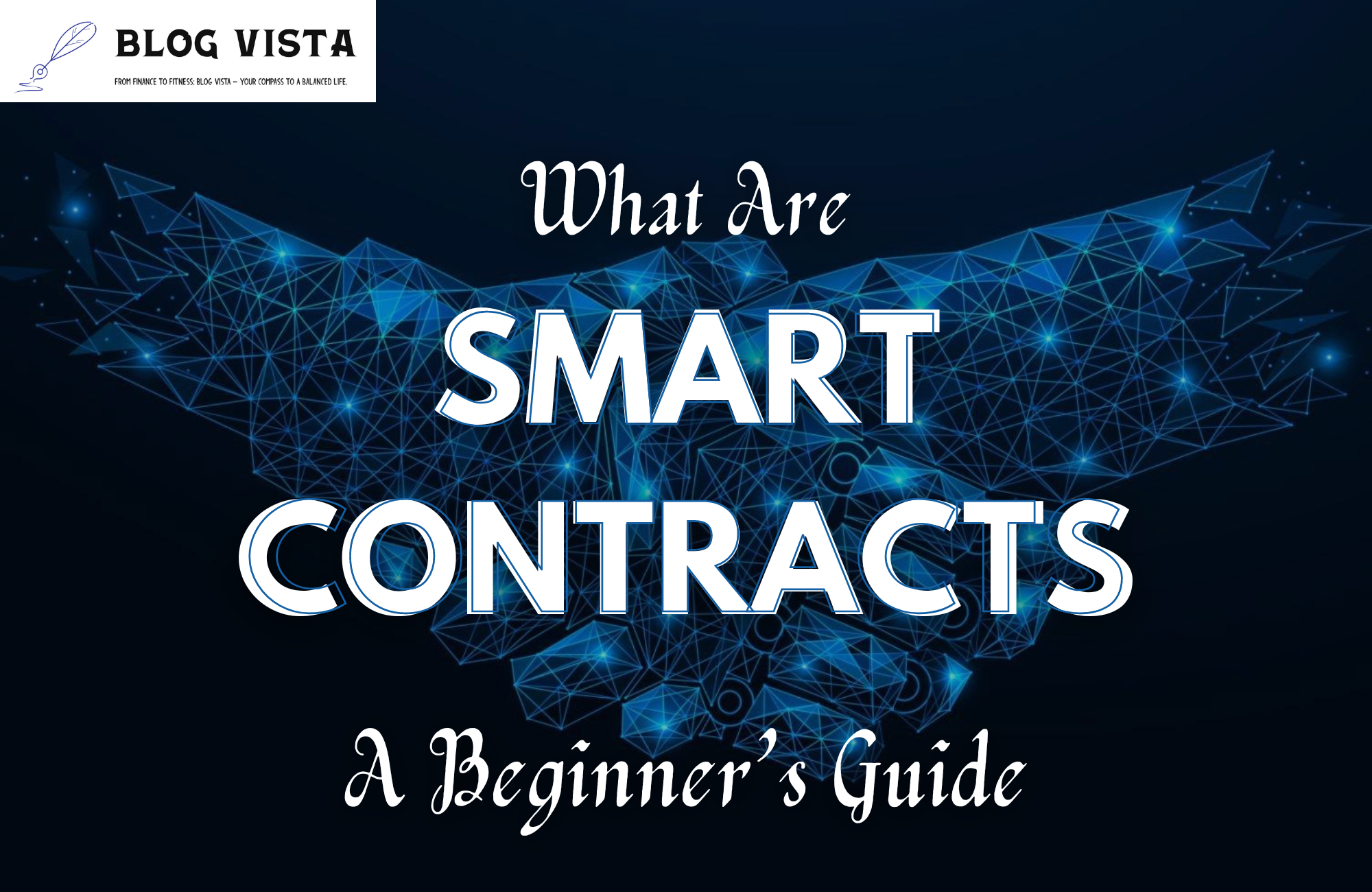Smart contracts are one of the most revolutionary applications of blockchain technology. In this blog, we will demystify what are smart contracts, explain how they work, their key benefits, real-world applications and the future outlook for this transformative innovation.
Exactly What Are Smart Contracts?
To understand smart contracts, let’s first look at what a traditional contract is. A traditional contract lays out terms and conditions between two or more parties, their responsibilities and processes for execution. It is typically written on paper, signed and then enforced through a legal system if necessary.
Smart contracts also define rules and consequences in a binding agreement, but they use computer code on a blockchain network rather than traditional legal language. Nick Szabo, a cryptographer, introduced the concept of smart contracts in the 1990s.
In essence, smart contracts are computer programs that execute automatically when the terms of the contract are met. Since they run on blockchain, they provide transparency, efficiency, trust and security in enforcing the contract.
How Do Smart Contracts Work?

Smart contracts consist of executable code that is stored on blockchain. This code defines the agreement’s rules, like payment terms, liabilities, penalties, etc. It automatically executes actions like releasing funds when conditions are met.
For example, a smart contract can release payment to a supplier automatically when a shipment is delivered to the retailer. The parties agree to the terms upfront, and the smart contract is programmed to execute once sensors detect the shipment arriving.
Since smart contracts run on blockchain, all participants can view transactions and be certain of outcomes without any intermediary. The records are immutable once conditions are verified and can’t be changed by any single party.
Key Benefits of Smart Contracts

Here are some of the major benefits and capabilities of smart contracts:
- Automation – By translating contracts into code, smart contracts can automate workflows, payments, notifications, etc. without manual intervention.
- Speed – With less paperwork and intermediaries, smart contracts accelerate transaction processes.
- Efficiency – Smart contracts significantly reduce operational costs by eliminating middlemen needed for traditional contracting.
- Accuracy – Automated execution leaves no room for human errors in fulfilling contract terms.
- Transparency – All participants can view smart contract transactions on blockchain and validate outcomes.
- Trust – There is no need for intermediaries or blind trust in the other party’s intentions.
- Security – Encrypted blockchain records make smart contracts very resilient to hacking.
- Savings – Smart contracts save time and costs of dispute resolution, litigation, arbitration, etc.
- Decentralization – No central authority is needed to enforce agreements.
Real World Applications of Smart Contracts

Smart contracts are already being deployed across diverse sectors to streamline business processes:
- Supply Chain – Retailers use smart contracts to track orders, validate deliveries, release payments, etc. automatically.
- Real Estate – Smart contracts can govern property sales, deeds, mortgages, rental agreements and more.
- Healthcare – Secure access to medical records can be ensured with smart contracts.
- Finance – Smart contracts are automating insurance claims, credit agreements and stock trading.
- Government – Smart contracts can encode public policies and laws for transparent enforcement.
- Energy – Smart metering combined with smart contracts enables automated billing based on usage.
The programmable nature of smart contracts unlocks countless other applications as well.
The Future of Smart Contracts

We are still in the early days of smart contracts. As blockchain adoption grows in coming years, smart contracts will likely revolutionize many industries by removing bureaucracy and costs.
However, there are still some challenges to be addressed:
- Programming flaws can render smart contracts vulnerable. High standards are needed to ensure robust code.
- There is a lack of regulation and legal precedent regarding smart contract disputes.
- User interfaces for smart contract design need to improve for widespread business use.
- Scalability of underlying blockchain networks poses bottlenecks for enterprise adoption.
Once these limitations are tackled, smart contracts stand to deliver tremendous efficiency to all facets of business and redefine contractual relationships entirely.
Rather than replacing lawyers, smart contracts will augment how legal agreements are structured and executed. This will shift legal work to a more advisory role focused on designing robust contracts upfront instead of enforcement after signing.
Ultimately, smart contracts will reduce transactional friction and maximize trust in an interconnected global economy. By mimicking the certainty of digital logic in the real world, smart contracts can massively streamline workflows and commerce.
Conclusion
Smart contracts are one of the most exciting and revolutionary applications of blockchain technology. They encode contractual logic into tamper-proof blockchain records that execute automatically based on predetermined conditions. By removing bureaucracy and middlemen from transactions, smart contracts are set to optimize efficiency, reduce costs and build trust across industries. While still maturing, smart contracts will likely transform traditional contract law, business processes and service delivery models for the better in the coming decade.
Frequently Asked Questions
Smart contracts are computer programs that execute automatically based on predefined conditions, without the need for intermediaries. They are encoded on a blockchain which makes execution transparent, efficient and secure.
Smart contracts work by translating contractual conditions into executable code. Once deployed on a blockchain, they run automatically when the stated conditions are verified. The outcome gets recorded on an immutable ledger.
Smart contracts solve problems of enforcement, transparency and efficiency in contractual agreements by removing administrative bureaucracy and middlemen using automation and blockchain.
Major industries adopting smart contracts include supply chain, real estate, healthcare, finance, government, energy and more to streamline processes like payments, record-keeping and regulatory compliance.
The benefits of smart contracts are automation, speed, accuracy, trust, transparency, security, cost reduction and decentralization in executing contractual logic.
Some current limitations of smart contracts are potential flaws in code leading to vulnerabilities, lack of regulation and precedence in dispute resolution, poor user interfaces and blockchain scalability issues.
Smart contracts are expected to transform traditional contracting by optimizing business workflows, reducing transaction costs and maximizing trust between parties through automation and blockchain technology.
Smart contracts are predicted to shift legal work towards a more advisory role focused on designing robust contracts upfront rather than enforcement after signing, though not fully replace lawyers.


2 thoughts on “Demystifying What Are Smart Contracts: A Beginner’s Guide”